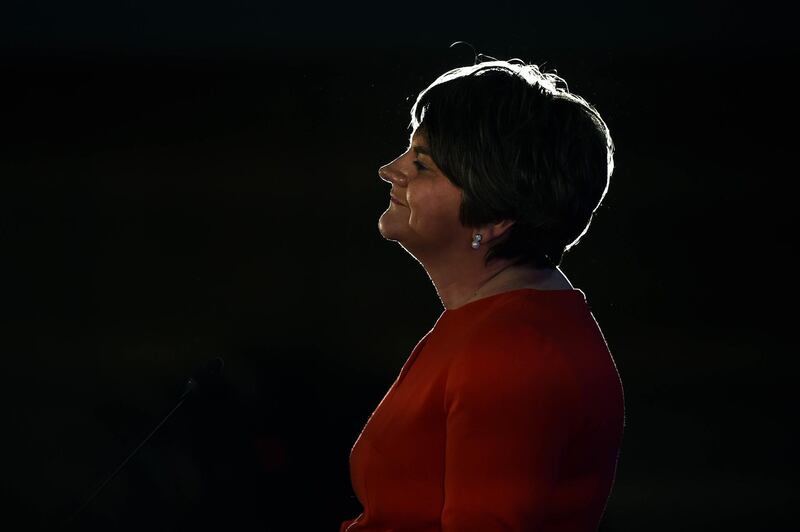The issue of what will happen to the border between Northern Ireland and its southern neighbour the Republic of Ireland when Britain leaves the European Union is rapidly becoming the major stumbling block in talks about how Brexit will actually happen. The EU has indicated that the status of the border, which will be the UK’s only land border with a European country, has to be resolved before any talks on trade can go ahead.
The British government has said that their hope is that the border will remain as it now is after Brexit becomes a reality on March 29, 2019 – namely it will be seamless and invisible, without any checkpoints. Many interested parties, including the Irish government and EU officials, believe that the only way for the current arrangements to continue along the 500km border is for the north and south to keep regulations for trade and customs the same across the whole island.
This would mean that Northern Ireland would remain subject to many of the EU rules that the UK has voted to secede from – there would essentially be a ‘border’ between the island of Britain and Northern Ireland. This is anathema to the parties representing the protestant majority in the region, who also hold the balance of power in Westminster – prime minister Theresa May’s minority Tory administration is supported by the Democratic Unionist Party (DUP) led by Arlene Foster.
The unionists will refuse to accept anything that severs the historical link between Norther Ireland and the mainland. At the DUP’s annual conference on Saturday, Mrs Foster reaffirmed the party’s repudiation of any agreement that changed the status quo in regards to its position within the UK.
“We will not support any arrangements that create barriers to trade between Northern Ireland and the rest of the United Kingdom or any suggestion that Northern Ireland, unlike the rest of the UK, will have to mirror European regulations,” she said.
“The economic reality is that our most important trading relationship is with the rest of the United Kingdom and we will do nothing that puts that at risk in any way.”
Meanwhile, The Observer reported that Ireland’s commissioner to the EU pleaded with Mrs May to not go through with any policies that created a ‘hard border’ on the island and urged her to keep all of Britain in the single market.
Phil Hogan, the EU’s agriculture commissioner, said that “if the UK or Northern Ireland remained in the EU customs union, or better still the single market, there would be no border issue.”
“That’s a very simple fact,” he told the newspaper. “I continue to be amazed at the blind faith that some in London place in theoretical future free trade agreements. First, the best possible FTA with the EU will fall far short of the benefits of being in the single market. This fact is simply not understood in the UK. Most real costs to cross-border business today are not tariffs – they are about standards, about customs procedures, about red tape. These are solved by the single market, but not in an FTA.”






